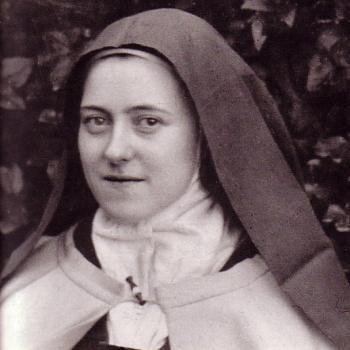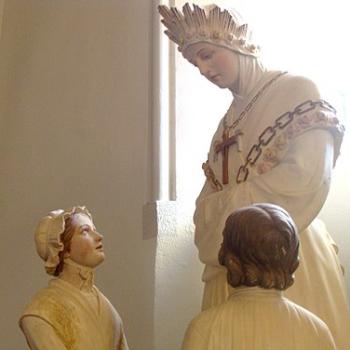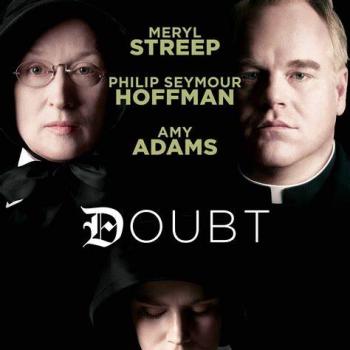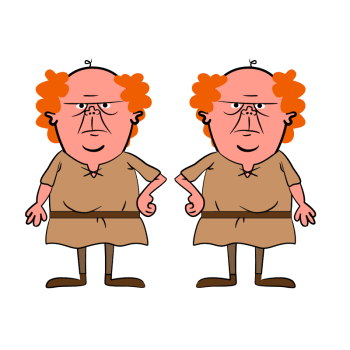In Honor of the feast of Christ the King,
Here are some thoughts on Christ the King
From Catholics who have made Christ their King

The Feast of Christ the King was established by Pope Pius XI in 1925, almost one hundred years ago; in a time when godless revolutionary movements and godless ideologies were being brutally imposed throughout the world, ideologies that also separated and segregated human beings and ultimately exterminated them. Whether they deny the sovereignty of God or the very existence of God, the rulers of this world are ultimately always conquered by the power of God. Christus vincit, Christus regnat! Christus imperat! Christ conquers, Christ reigns, Christ commands. This is the refrain of an ancient hymn known as the Royal Praises (Laudes Regiae). In the Blessed Sacrament of the Altar we encounter Christ our King, Christ Our Eucharistic King and in the union brought about by the reception of the Eucharist, we invite Our Lord to rule over us from within. Solemnity of Christ the King « Catholic Insight
The kingdom of God, and therefore the kingship of Christ, is first and foremost perplexing. Its driving power is metanoia, the force that leads people to let themselves be turned inside out and to believe that service is the highest vocation they could ever fulfill.
In the kingdom of God, people trust the insight of widowed mothers and beggars to explain how the financial system really works. In the kingdom of God, people look to migrants and refugees to understand the true character of nations. They watch those who serve the wounded and outcast to understand what true religion is.
The language of the kingdom of God is universal, but unintelligible to those who do not share the values it expresses.
The reason the church should celebrate the solemnity of Our Lord, Jesus Christ, the King of the Universe, is to call ourselves to account. Today’s feast calls us to look at Christ the crucified servant and to ask not “Are you a king?”, but “Are you my king, or have I chosen others?”
Solemnity of Our Lord Jesus Christ, King of the Universe: ‘What have you done?’ | National Catholic Reporter (ncronline.org)
That’s the crux of today’s Gospel. Pilate thinks of “kingship” in traditional political terms. Jesus thinks of it in spiritual terms.
That’s not to say that those spiritual terms don’t threaten the political. People who take their faith seriously will always relativize Caesar’s claims. And Caesar doesn’t like that. Even if he’s elected.
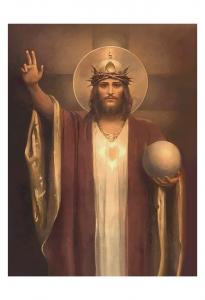

I compared this solemnity, Christ the King, to the last chapter of a book or the finale of a TV show, and like books and TV shows, the church calendar, the liturgical year, has a story to tell, a drama thousands of years in the making, compressed into the 52 weeks of the year.
There is effective power in the “unfolding of the liturgical year,” from each season and feast to the next, to “nourish the Christian life.” People miss that if they only come to Mass sporadically: Christmas and Easter, Ash Wednesday and Palm Sunday, and so forth. Imagine trying to follow a TV show but skipping most of the episodes — but more so, because we’re not just viewers here at Mass. You aren’t an audience. We are all active participants in this act of worship, and every week our presence matters, or our absence.
So this story comes to a finale with Christ the King, but where does it start? Next Sunday, the first Sunday in Advent, the story starts again — where? Not at the beginning, actually. I’m sure you’ve seen TV shows and movies that start off in the middle of things and then fill you in later on. Advent is like that.
Deacon Steven D. Greydanus –Christ the King and the Liturgical Year| National Catholic Register (ncregister.com)




